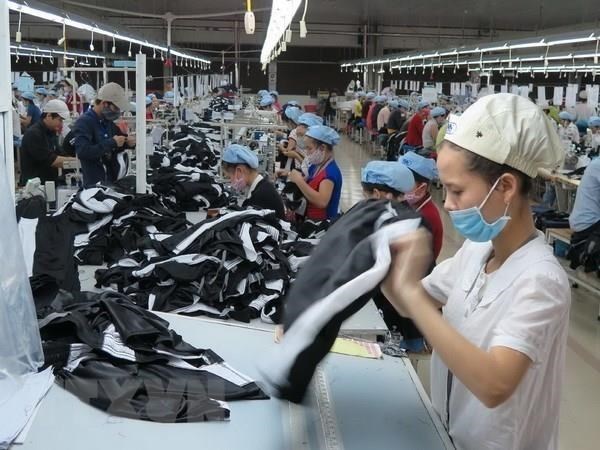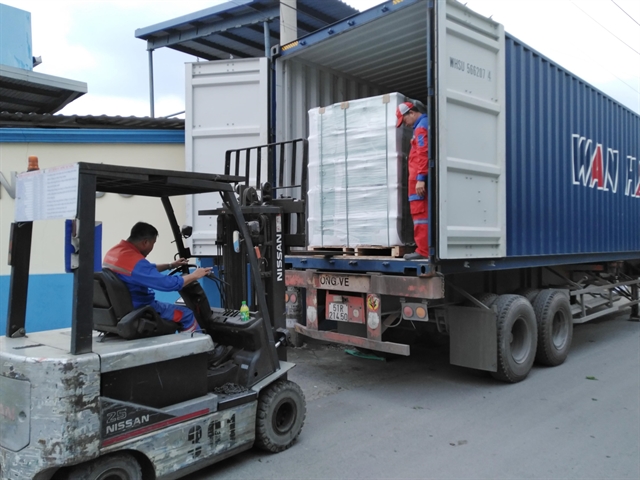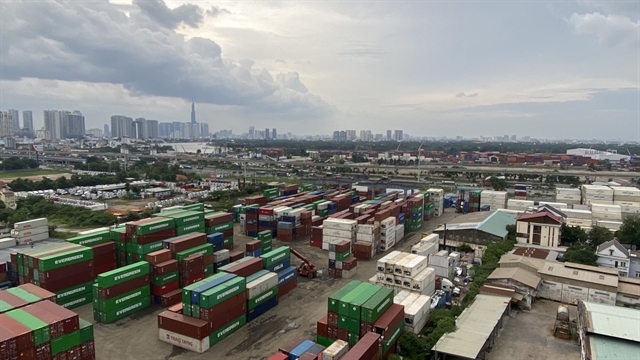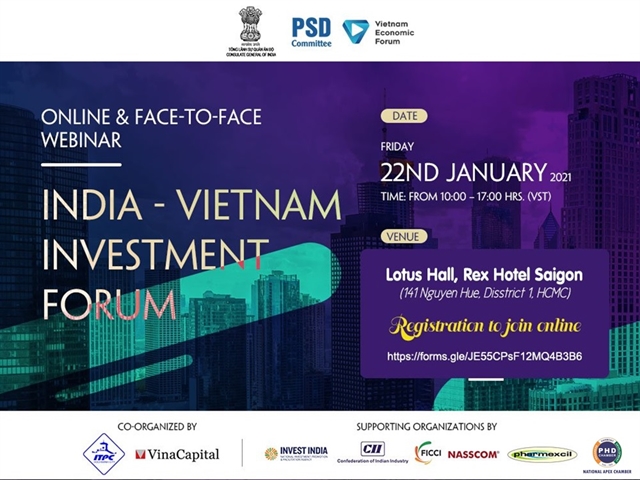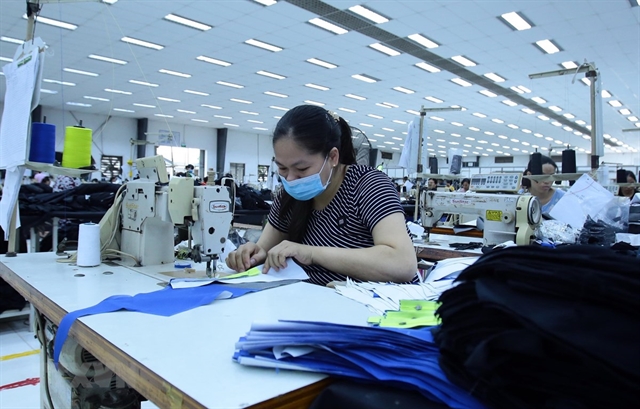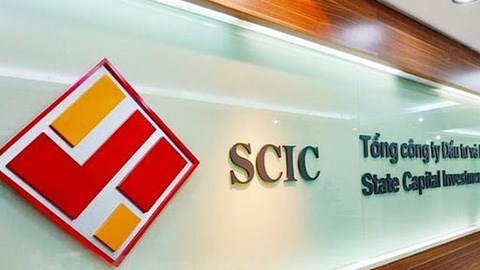
Compiled by Thiên Lý
According to techcrunch.com, in early December many fintech companies in Southeast Asia were licensed to establish digital banks.
Singapore, for instance, issued licences to four firms, including Ant Group and Grab, that would allow the tech giants to expand their financial services offerings.
The other two went to an entity wholly owned by internet giant Sea and a consortium of Greenland Financial Holdings, Linklogis Hong Kong and Beijing Cooperative Equity Investment Fund Management.
Unlike traditional banks, the digital banks allow customers to carry out the majority of regular banking transactions online via the internet. Instead of having to visit a bank branch or office, their transactions are digitised and can be done online, from applying for a new bank account to opening a savings account and getting an overdraft.
The central bank, the Monetary Authority of Singapore (MAS), said it used a “rigorous, merit-based process” to select a strong slate of digital banks. As these digital banks start operations, MAS also said it would consider whether more companies could be granted licences.
What is notable is that some of these firms operate e-wallets in Việt Nam: Ant Finance owns eMonkey while Grab owns Moca and Airpay.
Analysts said this licensing of fintech firms to set up virtual banks is likely to have a big impact on the Vietnamese financial market in future since they could open branches or even subsidiaries in Việt Nam since the country has made integration commitments.
Some Vietnamese e-wallets expressed apprehensions, saying this would threaten not just domestic fintech start-ups but even established banks.
Of those licensed to establish virtual banks, the Grab-Singtel joint venture is expected to be the biggest threat, experts said.
Ride-hailing firm Grab and telecom operator Singtel formed a joint venture in 2019. Their combined experience and expertise “will further our goal to empower more people to gain better control of their money and achieve better economic outcomes for themselves, their businesses and families,” Anthony Tan, Group CEO & co-founder of Grab, told techcrunch.com.
Grab has expressed an ambition to enter the Vietnamese financial market on multiple occasions.
Its Moca e-wallet quickly attracted millions of customers in Việt Nam, and has the potential to expand into a digital bank.
After Singapore, Malaysia is said to be considering issuing digital bank licences to five fintech firms, one of them being Grab.
Việt Nam lacks a proper legal framework that can protect its financial market from the onslaught of foreign fintech firms seeking to set up virtual banks if it does come.
There is also the question if foreign fintech companies would prefer to tie up with local players to take on Vietnamese fintech firms and banks.
Claude Spiese, digital technology consultant at GrantThornton Company, told Investment Review newspaper that fintech companies becoming independent digital banks is an increasingly clear trend.
In many markets in Asia such as Hong Kong, Singapore and Malaysia, they often tie up with major financial or telecom companies to set up the digital banks, he said.
Nguyễn Hòa Bình, chairman of NextTech Group, said however that in the short term it is very difficult for Grab or any other e-wallet to establish an independent digital bank in Việt Nam due to the lack of a legal framework.
But analysts pointed out that legal provisions have become more open, allowing fintech firms to provide more financial and banking services.
Thus, they are providing products and services like payment, credit and deposits, which in the past were exclusively provided by banks, in addition to peer to peer (P2P) lending and crowdfunding.
Mobile money - electronic wallet service will join their offerings soon.
In recent years some foreign fintech companies have quietly entered Việt Nam first as ride-hailing, delivery and food delivery companies before moving into the financial market.
The market would become more hectic with the influx of foreign fintech companies amid a growing trend of non-cash payments, experts said.
Việt Nam does not yet have a digital bank in the true sense of the word.
Bình said because of this factor authorities need to study this issue carefully and create a legal framework to ensure the financial market is not dominated by foreign players.
Spiese said Việt Nam could be proud of the high digitisation levels of its banks, and their technology is not inferior to those used in developed countries, but it does not mean they could take competition lightly, especially from foreign fintech companies.
Analysts warned that despite their strong digitisation Vietnamese banks could lose out because digital banks could easily offer higher deposit interest rates and lower lending interest rates thanks to their very low establishment costs and overheads.
Domestic digital banks urged
Bình of Nexttech Group was quoted by Investment Review newspaper as saying that domestic fintech firms could lose their first mover advantage and not be able to establish digital banks before foreign rivals arrive unless a legal framework is soon created for that.
Experts concurred saying it is time for local banks and fintech firms to think about of establishing virtual banks fully operating on digital platforms if they do not want to be left behind.
Economist Cấn Văn Lực said the Government ought to soon issue them licences to establish fully digital banks that are completely independent of their parent banks to help accelerate banks’ move towards digitisation.
But admittedly the concept of digital banking remains somewhat alien to the Vietnamese people and businesses.
P2P lending risks
The Ministry of Planning and Investment has urged the State Bank of Việt Nam to co-ordinate with relevant ministries and agencies to regulate fintech and P2P lending firms and develop a legal framework.
The ministry has assessed the impacts of some sharing economic models on the economy and suggested solutions to improve the P2P model and mitigate its negative impacts.
According to its report, due to the lack of a legal framework for P2P lending, some individuals and enterprises have taken advantage of the model to misappropriate money.
Firms in the sector have mainly registered as pawnshops, financial and investment consultants and financial brokerages to connect investors and borrowers on online trading platforms.
Some are involved in crimes like money laundering, usury and pyramid schemes and post misleading advertisements and promise high returns to swindle people.
The P2P model sees the participation of lending service providers, borrowers, lenders, banks, e-wallets, and insurance firms.
There are some 100 P2P lending firms in the country, mainly from China, Russia, Singapore, and Indonesia.
Experts said the Government should grant licences to P2P lending firms only if they meet requirements related to minimum capital and technology, set lending caps for lenders, put in place measures to protect the interests of investors, and spell out the responsibilities of P2P lending firms. — VNS
